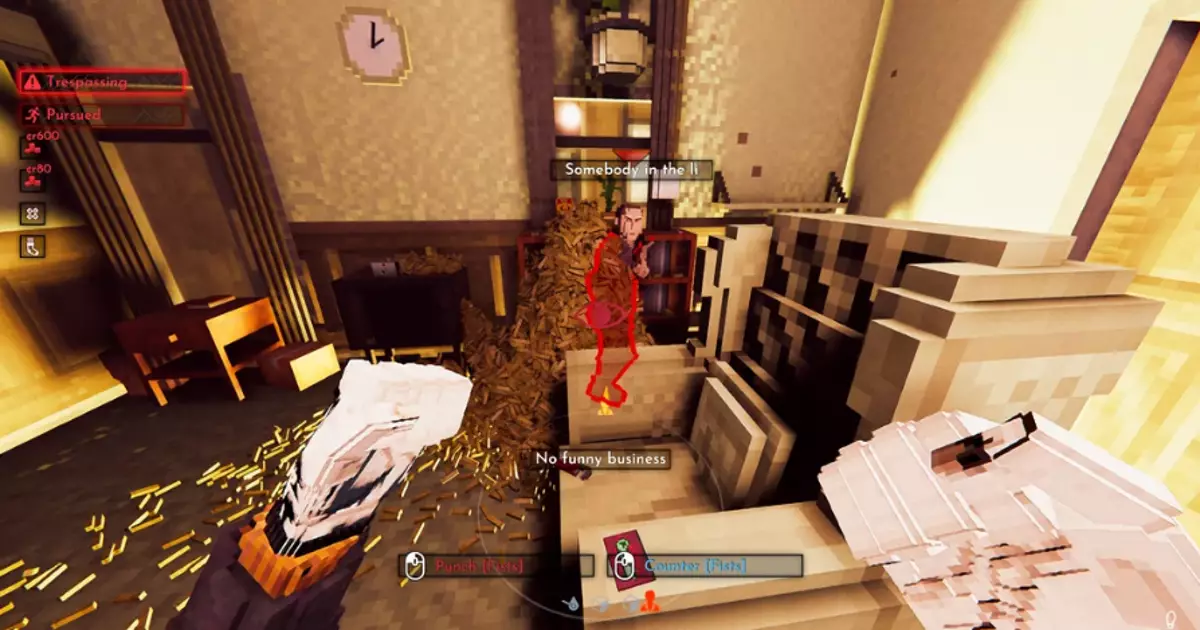Shadows of Doubt, a procedural generation whodunnit simulation game, recently introduced “Sharpshooter Assassins” armed with high-powered rifles to its alternate-1980s cities. Players are tasked with deducing the killer’s vantage point by analyzing a bullet’s trajectory and then searching for a murder weapon and witnesses at a secondary crime scene. While the addition of snipers adds a level of menace to the game, developers ColePowered Games have acknowledged that the sharpshooters are not always as accurate as they should be.
According to ColePowered Games, players have been discovering heaps of spent ammunition at crime scenes, indicating that the Sharpshooter Assassins are missing their intended targets frequently. This lack of accuracy has led to the developers seeking a fix for these less-than-sharp shooters. One proposed solution mentioned in a patch note is a “potential fix for sniper excessive shooting scenario,” although the specifics of this fix are not detailed.
One possible solution to address the issue of sharpshooters firing too many rounds could be to implement a limit on their ammo supply. By restricting the number of bullets available to the sharpshooters, players would need to be more strategic in their shots and ensure each one counts. Alternatively, a system could be created where NPCs react to the embarrassment of missing their targets, adding a layer of realism to the game.
Despite the challenges posed by inaccurate sharpshooters, the concept of Shadows of Doubt simulating killers who fail, whether intentionally or accidentally, is intriguing. The game’s emphasis on real-time NPC interactions and fully simulated lives sets it apart from traditional murder mystery games where developers control the outcomes. The occasional failures in the murder simulations highlight the ambitious nature of the game and the unique challenges it presents to both players and developers.
Shadows of Doubt’s approach to procedural generation and NPC behavior poses distinctive challenges for its development team. Unlike other studios that may simply script murder scenes for players to investigate, ColePowered Games must contend with the complexities of simulating dynamic interactions in a generated metropolis. The unpredictability of NPC actions and the possibility of murders not occurring as planned showcase the innovative nature of the game’s design.
The introduction of Sharpshooter Assassins in Shadows of Doubt has brought both excitement and challenges to the game. While the lack of accuracy among the sharpshooters has been noted by developers, it presents an opportunity to explore creative solutions and enhance the overall player experience. The game’s unique approach to procedural generation and simulated NPC behavior sets it apart in the mystery genre, offering a fresh perspective on investigative gameplay. As Shadows of Doubt continues to evolve in early access, it will be interesting to see how developers address the issues raised and further refine the gameplay experience for players.


Leave a Reply